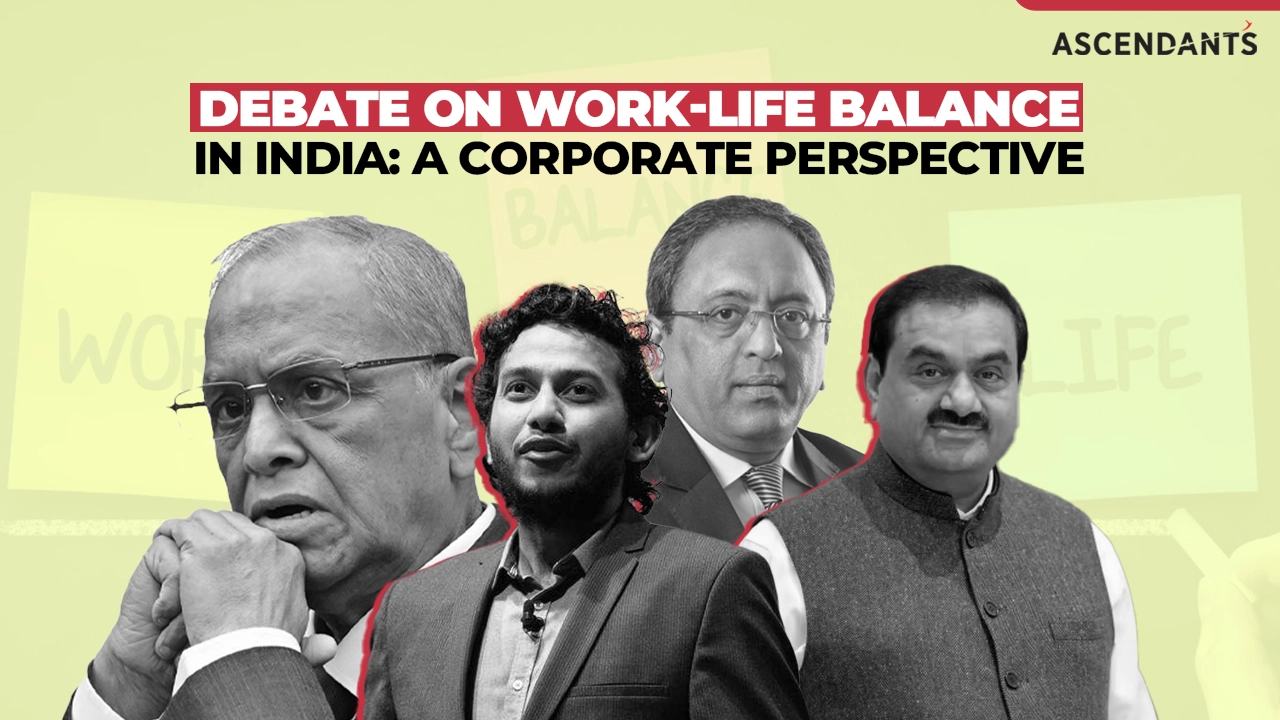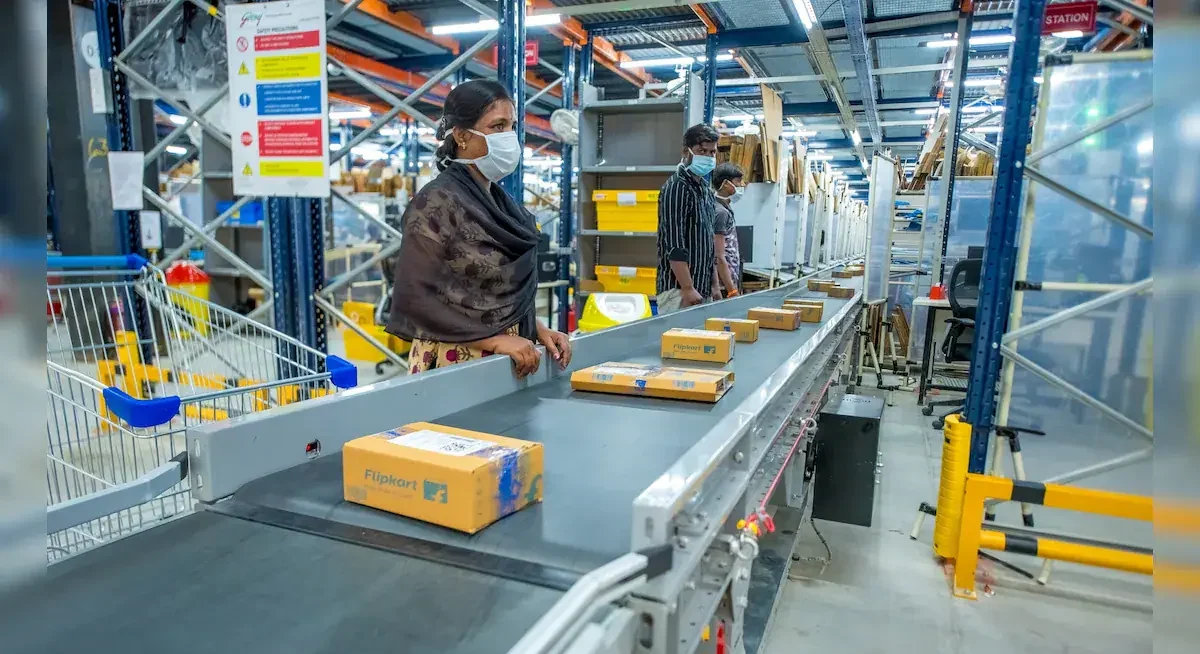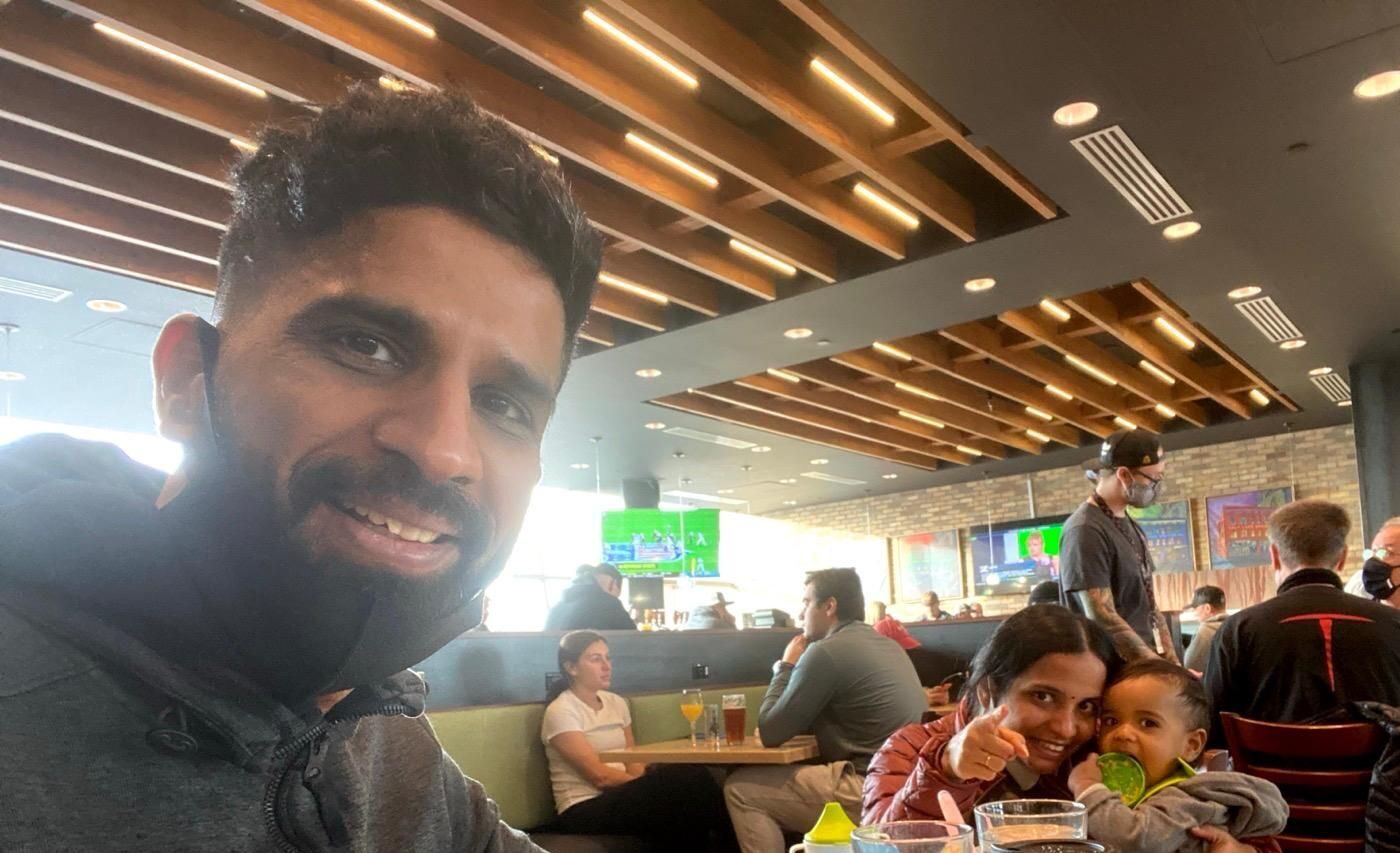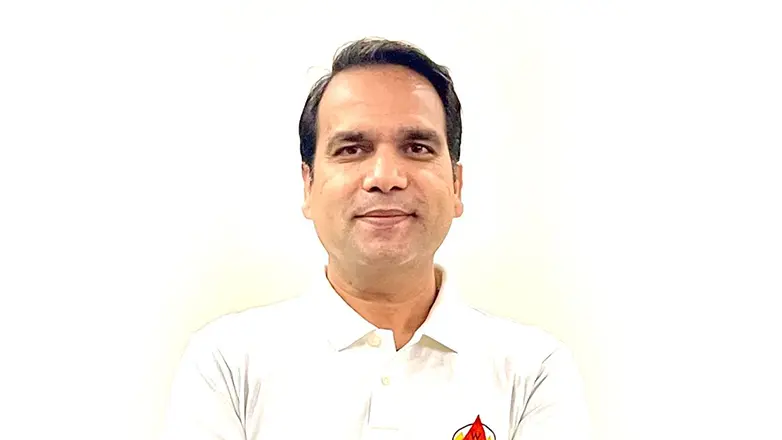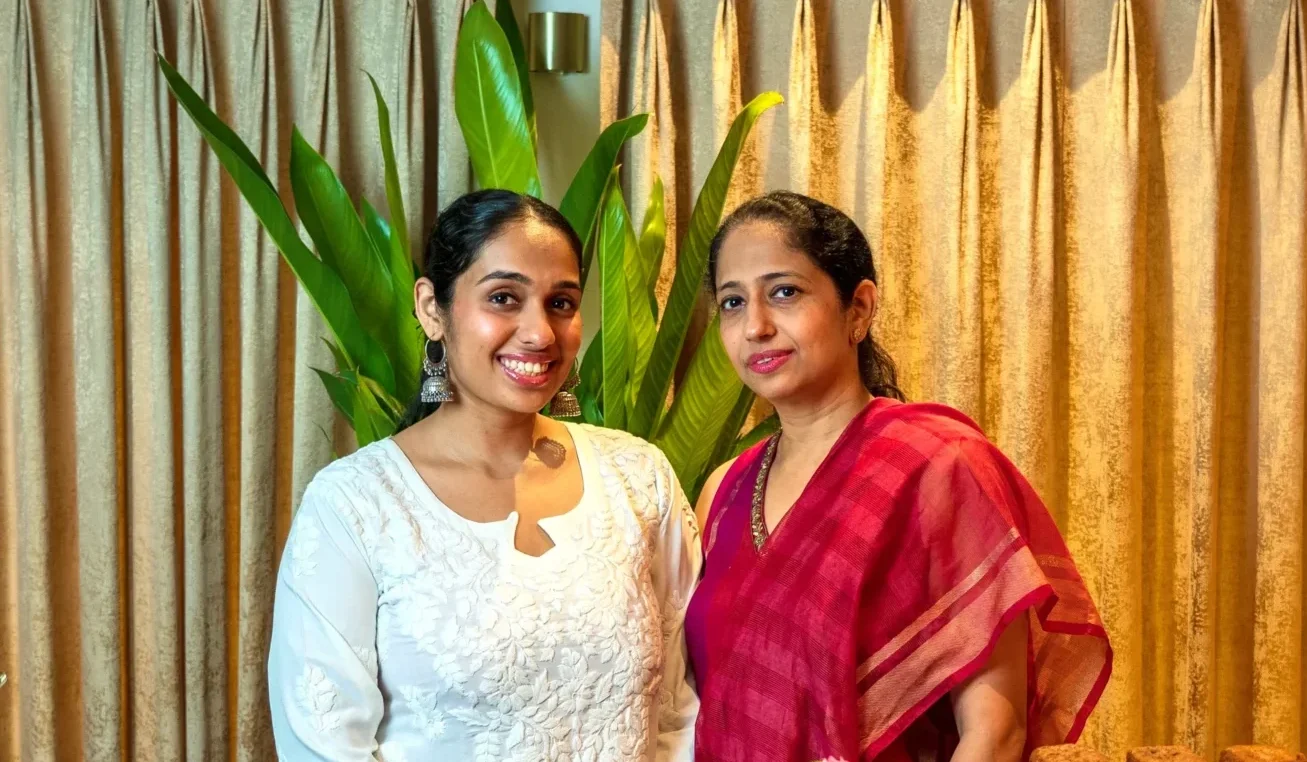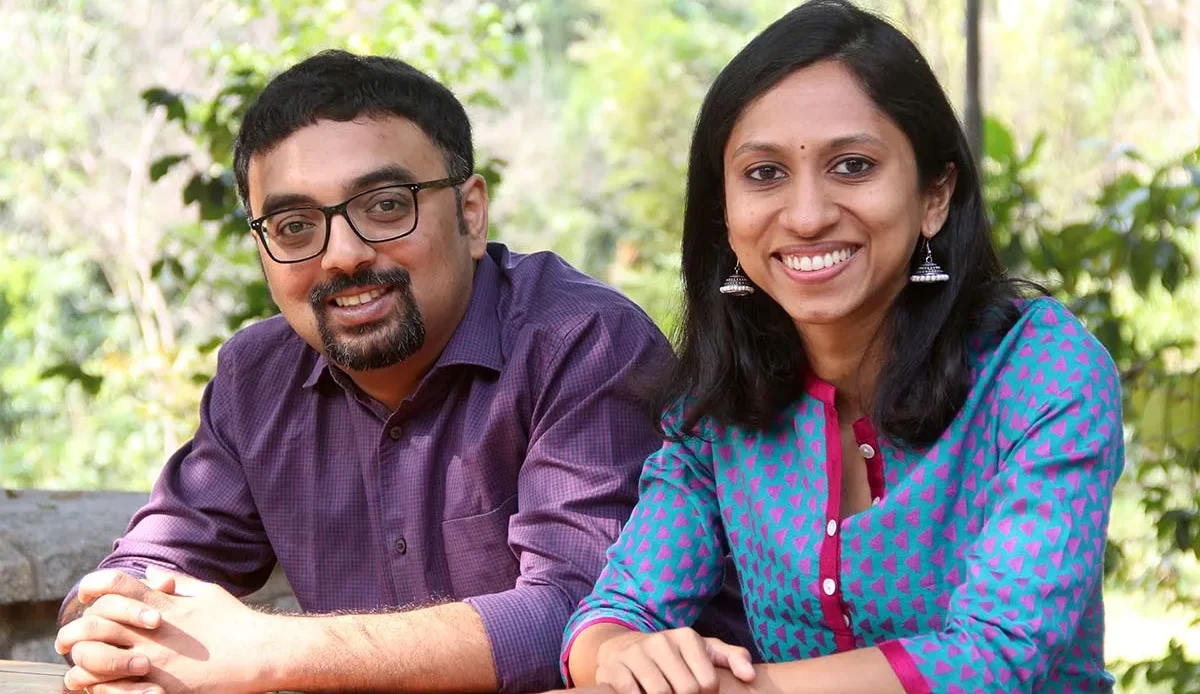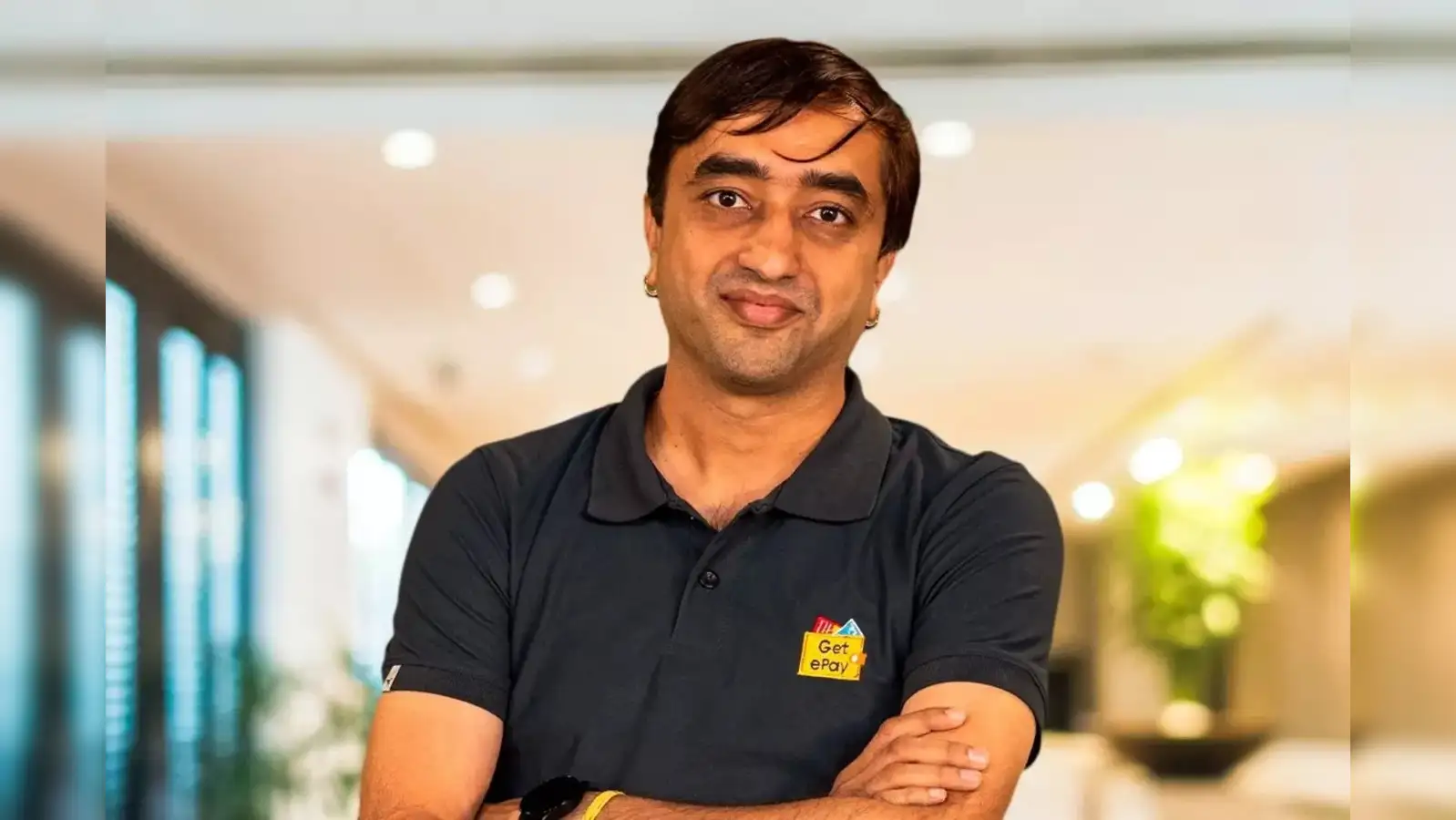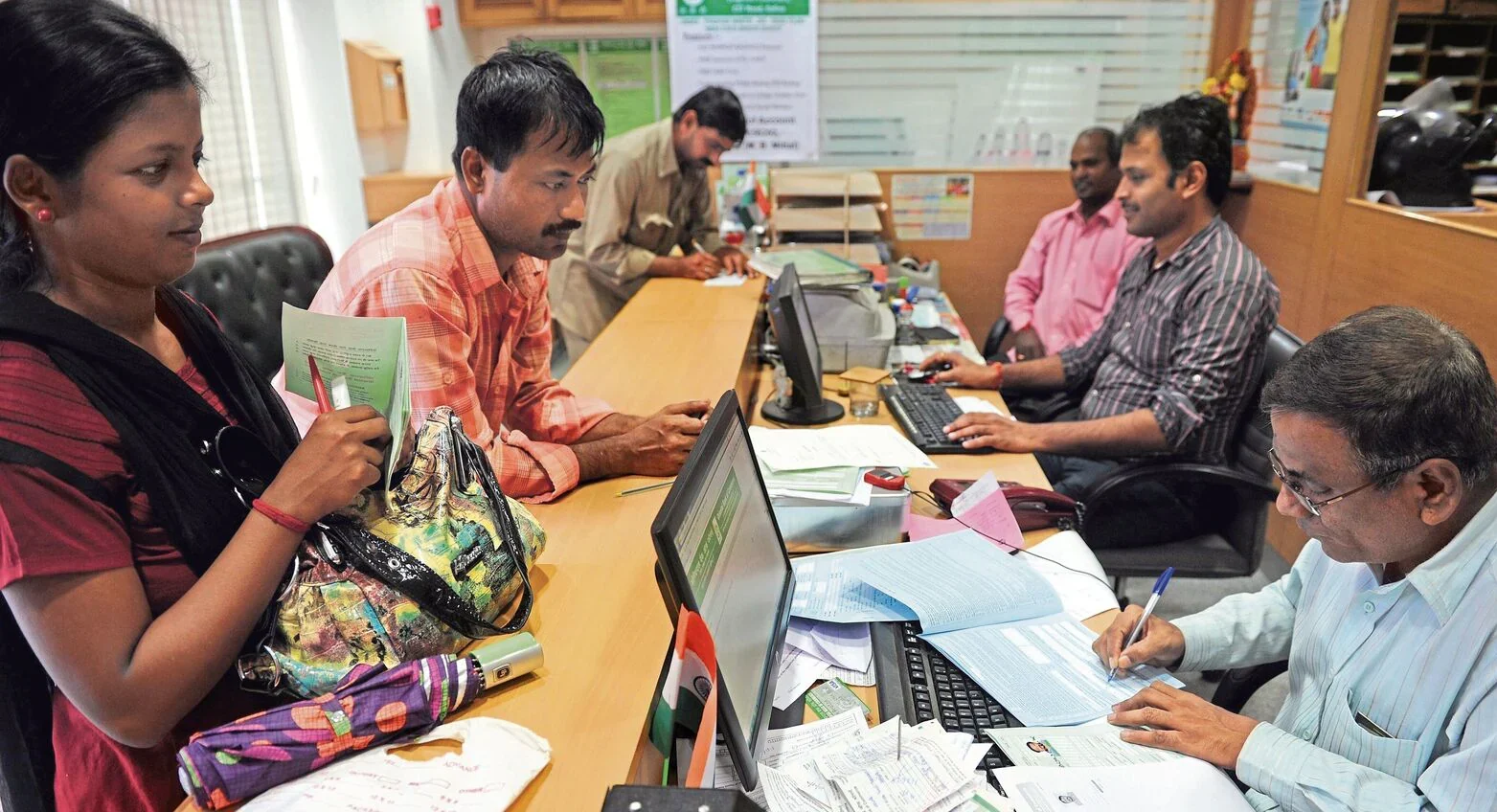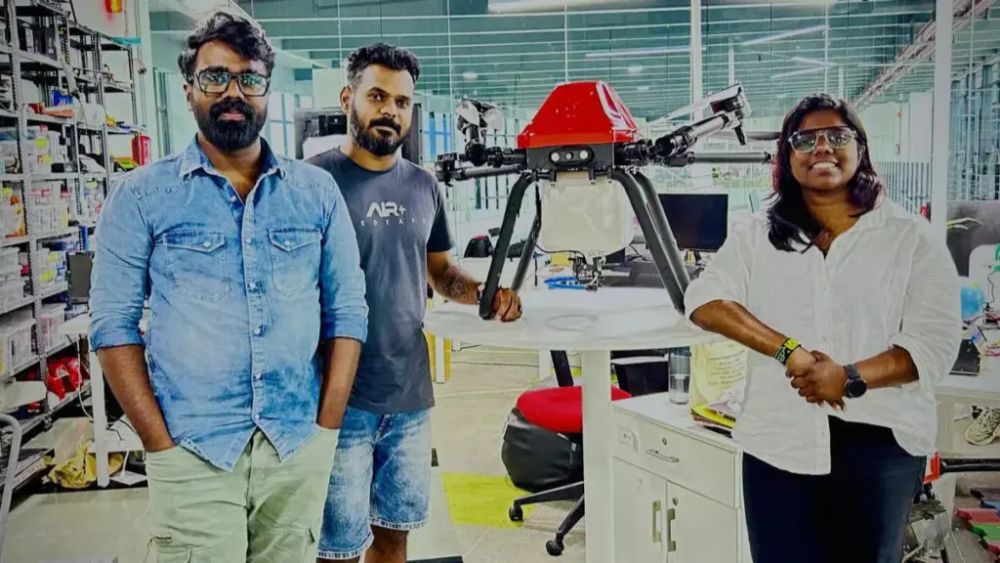In January 2025, S.N. Subrahmanyan, chairman and managing director of Larsen & Toubro (L&T), commented about work-life balance that sparked controversy. Last year, in 2024, Narayana Murthy, co-founder of Infosys, reignited the national debate on work-life balance in India by advocating for a 70-hour workweek. At the CNBC Global Leadership Summit, Murthy stated, “I don’t believe in work-life balance,” emphasizing that India’s economic progress requires unwavering commitment and longer working hours.
Debate sparks between different Corporate giants
In response to L&T Chairman S. N. Subrahmanyan’s remark about working 90 hours a week, OYO Rooms CEO Ritesh Agarwal states, “I think the concept of hours is, in my opinion, not correct. Whether or not you are putting your heart into the work is, in my opinion, the right concept. I think that after we all put our hearts into Viksit Bharat, some people become extremely productive in four hours a day, while others need eight.”
Gautam Adani also commented on the work-life balance debate, quoting choosing a work-life balance as a personal decision. There has been a lot of discussion about these remarks. Promoting such long work hours, according to critics, disregards the significance of workers’ well-being and may exacerbate problems like burnout and mental illness. With many workers putting in more than 49 hours a week, India is already among the most overworked countries in the world.
In a widely circulated internal meeting video, L&T Chairman S. N. Subrahmanyan emphasized his own Sunday work ethic and expressed regret for not being able to compel employees to work on Sundays. He questioned the value of staying at home, made controversial remarks about spending time with spouses, and urged employees to prioritize work over play.
There is much controversy surrounding these statements. Critics contend that encouraging such long work hours disregards the importance of employees’ well-being and could exacerbate issues like burnout and mental health conditions. India is already among the most overworked nations in the world, with many workers putting in over 49 hours per week.
Work-life Balance in India
Narayana Murthy and S. N. Subrahmanyan, two advocates of more extended workdays, argue that India’s workforce needs to work exceptionally hard to fulfil its ambitions of becoming a global economic powerhouse.
In the past, Indian workplaces saw hard work and long hours as a sign of commitment, particularly in high-stakes industries like IT, finance, and startups. Companies emphasize the need for long hours to maintain competitiveness, meet global demands, and grow rapidly.
In July 2024, last year, 26-year-old Anna Sebastian Perayil, a chartered accountant from Kerala, India, passed away tragically four months after joining Ernst & Young (EY) in Pune. In her last letter before her passing away, she mentioned the intense work stress in her workplace that caused her to end up dead too soon.
To sum up, companies like Infosys and Tata Consultancy Services (TCS) have implemented hybrid models to satisfy the demands of their workforce. Some startups are testing shorter workweeks in an effort to increase productivity and morale. Because of their operational nature, the manufacturing, healthcare, and hospitality sectors frequently find it challenging to adopt flexible schedules.
Do you think this debate on work-life balance in Corporate set-up will end? Or the right to fair work-life balance be a challenge in the next 10 years?









